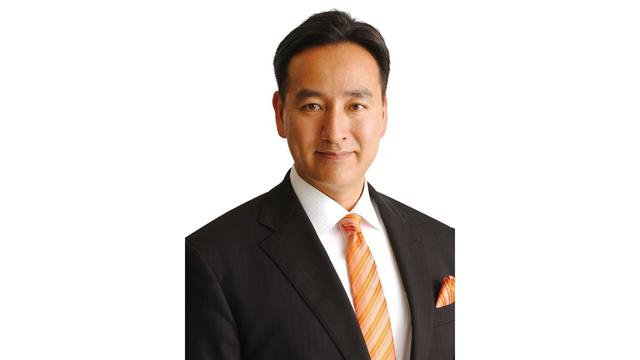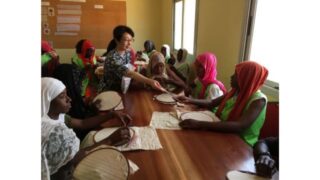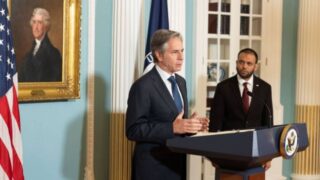Being connected with the unpopular church is enough to be excluded from the political life and even from humanitarian activities.
by Massimo Introvigne
Article 3 of 3. Read article 1 and article 2.


While the attempt to dissolve the Unification Church in Japan after the Abe assassination is the main cause for concern, as explained in the previous article of this series, there are other obnoxious acts of discrimination that indicate a broader climate of intolerance prevailing in Japan.
On October 26, 2022, the Liberal Democratic Party, i.e. the largest party in Japan and the main component of the governmental coalition, amended its Governance Code by including a Rule 5-4 mandating that the Party’s Diet members should not cooperate in any way with “organizations or groups whose activities raise concerns of social relevance.”
A letter sent on the same day to all Party Diet members (of which Bitter Winter has a copy) had as its subject matter “Regarding the severance of relations with the Family Federation for World Peace and Unification (former Unification Church),” clearly indicating who was targeted and singled out. The letter explained that “participating in meetings, events” and “sending congratulatory telegrams, messages, etc.” will be forbidden, as well as receiving support “for elections and political activities” from the Unification Church “and its affiliated organizations.”
On the one hand, a category of second-class Japanese citizens is created, who will not be free to participate in the political activities of the largest party simply because of their religious beliefs. On the other hand, the freedom of politicians to attend the meetings they deem fit will also be curtailed. By including “affiliated organizations” the letter implicitly refers to the Universal Peace Federation, preventing Japanese politicians from the Liberal Democratic Party to attend conferences where presidents, prime ministers, and other prominent leaders of several countries routinely speak.
Daishiro Yamagiwa, the Minister of Economic Revitalization, was forced to resign on October 24 because he had attended a meeting of a group connected with the Unification Church in Nigeria eleven years ago and had a short meeting with FFWPU leader Dr. Hak Ja Han Moon in 2018.


The attack on “affiliated organizations” connected with the Unification Church has now reached paranoid levels. Under the pressure of media and left-wing politicians, the Minister of Foreign Affairs has cancelled an award it gave to a woman, Ms. Hozan, who had run a school in Mozambique for more than twenty years. A Japanese ambassador visited the school and acknowledged it as an exemplary voluntary activity by Japanese citizens in Africa.
The reason that should support the award’s cancellation is that Ms. Hozan is a board member of the Women’s Federation for World Peace International (WFWP), an organization founded by the leader of the Unification Church/Family Federation, Dr. Hak Ja Han Moon, which is in general consultative status with ECOSOC at the United Nations and has been widely praised for its efforts on behalf of women in developing countries.
More generally, WFWP has been both slandered and administratively harassed. For example, I have seen evidence that on October 28 the registration of the Hokkaido chapter of the WFWP was cancelled by the Sapporo City Council of Social Welfare, after thirty years of cooperation. The WFWP is not involved in the religious activities of the FFWPU nor in collecting donations on its behalf. Clearly, a United-Nations-recognized organization is being discriminated against only because of the religious affiliation of its founders and some of its members.
There is more. A climate of intolerance and discrimination, fueled by hate speech, has not failed to generate hate crimes.
Bitter Winter has seen evidence of domestic violence against women who are members of the FFWPU by husbands who do not belong to the church and are excited by slander campaigns against it, of young believers bullied in school, and adult members harassed in the workplace. There have been threats against churches and ministers, and death threats, often accompanied by racist insults against a “Korean” group, on social media.
Members of the Unification Church in Japan live in fear. Abe’s assassin, Tetsuya Yamagami, started himself vituperating against the church on social media, then resorted to actual violence and murder. There is no safety from hate crimes as long as hate speech continues.
The level of hate disseminated through most (although, happily, not all) Japanese media, the power of the anti-Unification-Church lobby, the fact that the government appears so scared and incapable of resisting it, are all evidence of a witch hunt that has reached alarming proportions. Only an internationalization of the crisis can solve it and prevent serious violations of freedom of religion or belief in Japan.









